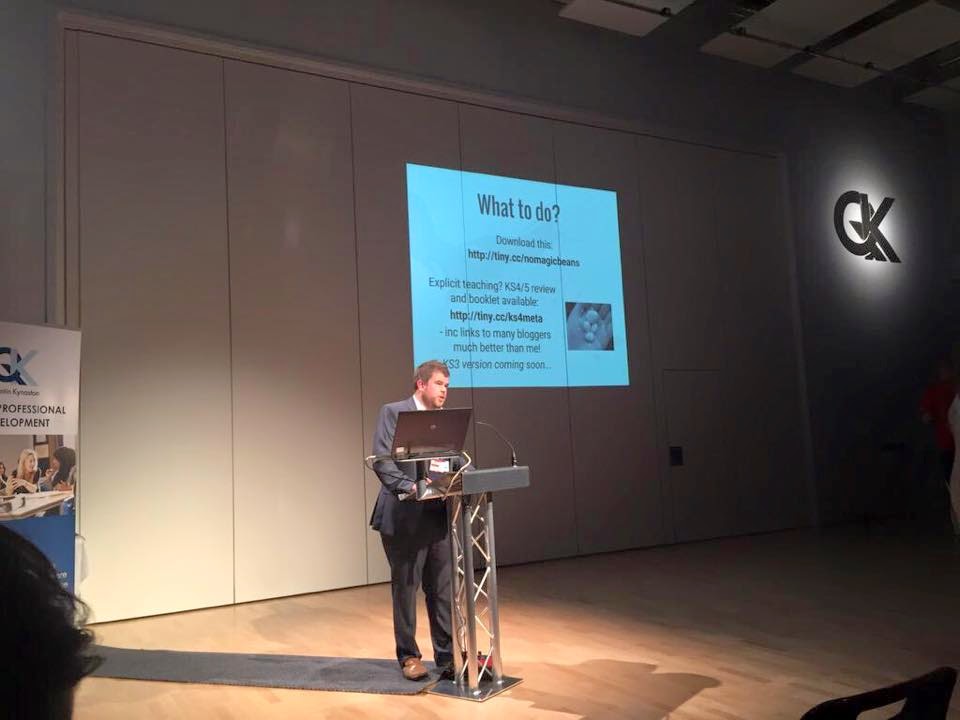Image from The Way textbook from TERE
Religious literacy is the knowledge of, and ability to understand, religion. (source <here>)
There remains many a debate about the purpose of RE. Is it simply imparting knowledge? Is it empowering students to tackle the big questions? Is it developing 'spirituality'? Is it teaching them what it means to be human? Is it something else?
For Catholic RE, there is an agreed purpose and aim outlined for us in the Curriculum Directory:
Things I like about this:
- The coherent order of: knowledge followed by understanding, and then skills. There are some in the RE world who go straight for skills without ensuring the first two key things are addressed.
- Spirituality, ethics and theology are core components of RE and key to understanding any religion and belief. I would personally like to see the addition of "philosophically" in there too though.
- It highlights the key aspect of 'lived out' faith, the reality of the world in which the students exist. This is the right kind of engagement and relevance (not using Outlaw RE).
Is it perfect? I've already highlighted one thing I'd change. I'd also probably try to raise standards by saying "at minimum, at a level appropriate to their age and capacity" - although that becomes a little wordy! I just worry that sometimes we sell students short in what we deliver to them. Does anyone else have an agreed aim for RE? Would such a thing every be universally agreed?
This blog post was generated by a concern of the religious literacy of some Y7 students. "On paper", we have nearly 100% of students are practising Catholic (Y7 to Y11). However, like many Catholic schools, we realise that regular parish Mass attendance for students is significantly lower. This is one of the real challenges for the Catholic school. Some, such as Michael Merrick would argue this is a reason to reduce the number of Catholic schools (read more <here>) and other bloggers such as Mark Lambert have considered the relationship of Catholicity and Catholic schools (read more <here>).
A starter activity was set to start looking at the Church as it looks today, after previously studying Salvation History in the OT, fulfilment of Prophecy in the NT, Jesus' Messiahship and the growth of the early Church from Jerusalem to Rome. The questions were the ones at the top of this blog post. The result was my classroom in confused chaos. Some of the questions and comments:
- "Which Pope? Peter? John Paul II? Do we have a new one?"
- "What is a Diocese?"
- "I've looked up Diocese in the Glossary, but it just means nothing to me."
- "Canterbury! They have an Archbishop."
- "Bishop... Thomas!" [He was our former Bishop]
- "How's a parish priest? Is this different to a normal priest?" [A valid question if referring to Religious Communities perhaps. I don't think they were.]
- "What's a parish again?"
- "The church I was baptised in? I don't know, I never go there."
- "We don't go to church any more."
- "It's called Mary Mother of God. Who was she?"
It was a stark reminder that core knowledge cannot be taken for granted, even about the basics of personal faith in a Catholic school; I suddenly panicked that I had left this until April! Our previous syllabus, ICONS did address this in it's first unit, but I am by no means advocating a move back to it (there was a real knowledge deficit in the entire KS3 ICONS syllabus). However, I am thinking that there needs to be something to address this type of religious literacy early on. I do not want to blame Primary school teachers as I am absolutely sure they had been taught this information, but that for some reason it had not 'stuck'.
Catholic RE can be academic, demanding and rigorous, but also, in part, confessional. Understanding of self is vital to confessional aspects of RE as students are given the knowledge and understanding, but also the space, to decide upon their place within the Church. All Catholics are called to evangelise though the example of their lives, but that does not involve proselytising, especially in the RE classroom (just the thought of this makes me feel at unease).
I am a real advocate for knowledge to empower students in RE. Jonathan Porter has recently written about how at his school they address Biblical literacy in Y7 as a foundation to studying Judaism, Christianity and Islam (read <here>). I feel there is some real value in this and it is why I am pleased with many aspects of our new KS3 syllabus (The Way, The Truth and The Life, see <here>) as there is a lot more scripture and knowledge-based content.
It's interesting that even Richard Dawkins sees the value of this religious literacy and points out in the God Delusion 129 biblical phrases that English speakers may use and not realise their provenance. They include: the salt of the earth; go the extra mile; I wash my hands of it; filthy lucre; through a glass darkly; wolf in sheep’s clothing; hide your light under a bushel; no peace for the wicked; how are the mighty fallen. (See <here>)
There are calls in the 'Other World' of RE, i.e. not the Catholic one, for a core or National Curriculum in RE where there can be more specified content, with a focus on higher level knowledge. Neil McKain has recently written about it for RE:Online (see <here>). I am reasonably happy with the aim we are working towards in Catholic RE. What do you think?









.jpg)
.JPG)





.JPG)